Summer care for senior horses focuses on managing heat stress, ensuring adequate hydration and nutrition, and providing appropriate shelter and protection from insects. Regular monitoring, deworming, and dental care are also crucial for maintaining their health and well-being during the warmer months.
Key Considerations for Summer Senior Horse Health:
Hydration is Key:

Dehydration is more common in the Summer months due to extreme heat. Horses usually drink 50 liters of water in warmer weather. Senior horses may have decreased thirst and kidney efficiency, making them more susceptible to dehydration.
Ensure fresh, clean water is always available and consider adding electrolytes to their feed, especially during exercise, to help them retain fluids. Make sure all water buckets and troughs are kept clean and debris-free.
Nutrition & Body Condition Monitoring
Maintaining a healthy body condition is essential for aging horses all year round. In the summer, heat stress can exacerbate existing health issues. It is important to monitor your horse’s weight closely and adjust their diet as needed to prevent weight loss or obesity.
- Offer Easily Digestible Feeds: Senior horses may have difficulty chewing and digesting certain feeds. Adjust their diet to include easily digestible options like hay cubes, chopped forage, or senior feed. Offer feed during cooler times of the day to encourage consumption.

-
Fill in the gaps with Supplements: If your horse is struggling to maintain weight, consider supplementing your horse's diet daily with Super Weight Gain. The combination of extruded full-fat soybeans, probiotics, prebiotics, and live yeast, a full dose of vitamins and minerals, including Selenium and Vitamin E, is the perfect combination to combat all of the challenges facing your horse. Taking care of all of these issues in your thin horse should help to ensure that your horse can reach and maintain an optimal body condition year-round.
Our Certified Equine Nutritionist Dr. Kelsey Nonella is always happy to help you develop a customized feeding plan tailored to your horse’s needs. You can email her anytime at horsenutrition@horseguard.com

Manage Heat Stress & Help Create Comfort
Senior horses are less efficient at regulating their body temperature. Provide shade during the hottest part of the day and avoid strenuous exercise during peak heat.
Consider clipping long hair, especially if your horse has Cushing's disease. Familiarize yourself with the symptoms of heat-related illnesses, including excessive sweating, rapid breathing, elevated heart rate, lethargy, and weakness.
Provide Your Horse Shelter from the Sun
It is crucial to provide access to a run-in shed or other shelter to protect them from the sun’s heat. Provide a well-ventilated barn or run-in shed where your horse can take shelter during the hottest part of the day.
Parasite Control
Parasite control is crucial, as senior horses are more vulnerable to internal parasites. Consult with your veterinarian about appropriate deworming schedules and products.
Dental Care
Regular dental checkups are essential to address any chewing difficulties or dental problems that can impact their ability to eat and maintain weight.
Know When to Exercise
Gentle exercise is important for maintaining mobility and overall health. Adjust the intensity and duration of exercise based on the horse's condition and the weather. Shorten the duration and reduce the intensity of workouts to prevent overexertion and fatigue. Focus on low-impact activities such as walking or gentle trail rides rather than strenuous activities like jumping. Exercise your horse in the coolest parts of the day, in the early morning or late evening.
Fly Protection
Flies can be a nuisance and transmit diseases. Use fly sprays, masks, and sheets to protect your horse from biting insects.
Conclusion
Regularly check your horse's body condition, weight, and overall health. Look for any signs of illness, pain, or discomfort. Schedule regular veterinary checkups to address any specific health concerns and ensure your senior horse receives appropriate preventative care.
FAQ: Summer Care for Senior Horses
How much water should a senior horse drink in summer?
A healthy senior horse may drink 5–10 gallons per day, and more during extreme heat or after exercise. Always provide clean, cool water (45–64°F) and check buckets/troughs multiple times daily.
How can I tell if my senior horse is dehydrated?
Check for skin tenting (pinch the skin on the neck—if it stays raised for over 2 seconds, dehydration may be present), dry gums, and reduced manure moisture. Rapid breathing and lethargy are also warning signs.
What is the best feed for older horses in summer?
Offer easily digestible feeds such as soaked hay cubes, chopped forage, or senior pellets. Opt for higher-fat, lower-starch feeds to maintain weight without increasing internal heat load.
Should I clip my senior horse’s coat in summer?
Yes, if your horse has a thick coat or Cushing’s disease, clipping can help with heat regulation. Always pair clipping with fly protection.
How do I protect my senior horse from heat stroke?
Provide shade, avoid exercise during peak heat, and use cooling methods like hosing with lukewarm water. If your horse shows signs of heat distress—high temperature, rapid breathing, excessive or absent sweating—call your vet immediately.
How often should I deworm my senior horse in summer?
Work with your vet to create a targeted deworming plan based on fecal egg counts. Many vets recommend testing at least twice yearly, including in summer.
What’s the best way to keep flies off senior horses?
Use a combination of fly masks, sheets, topical sprays, and manure management to reduce fly populations. Fans in stables can also deter flying insects.

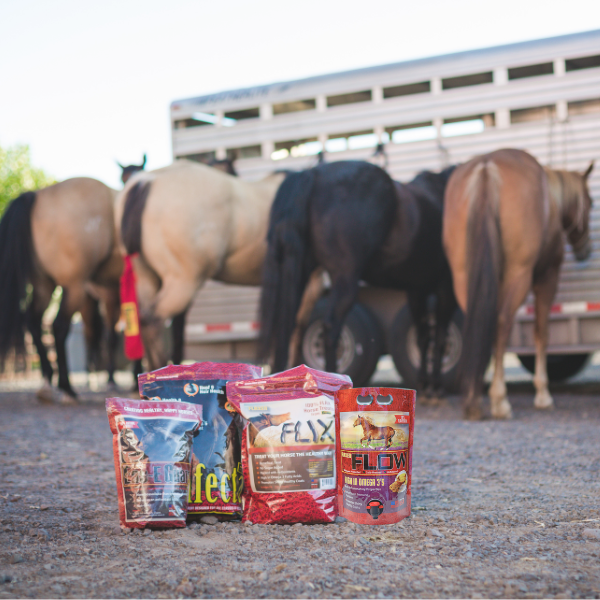
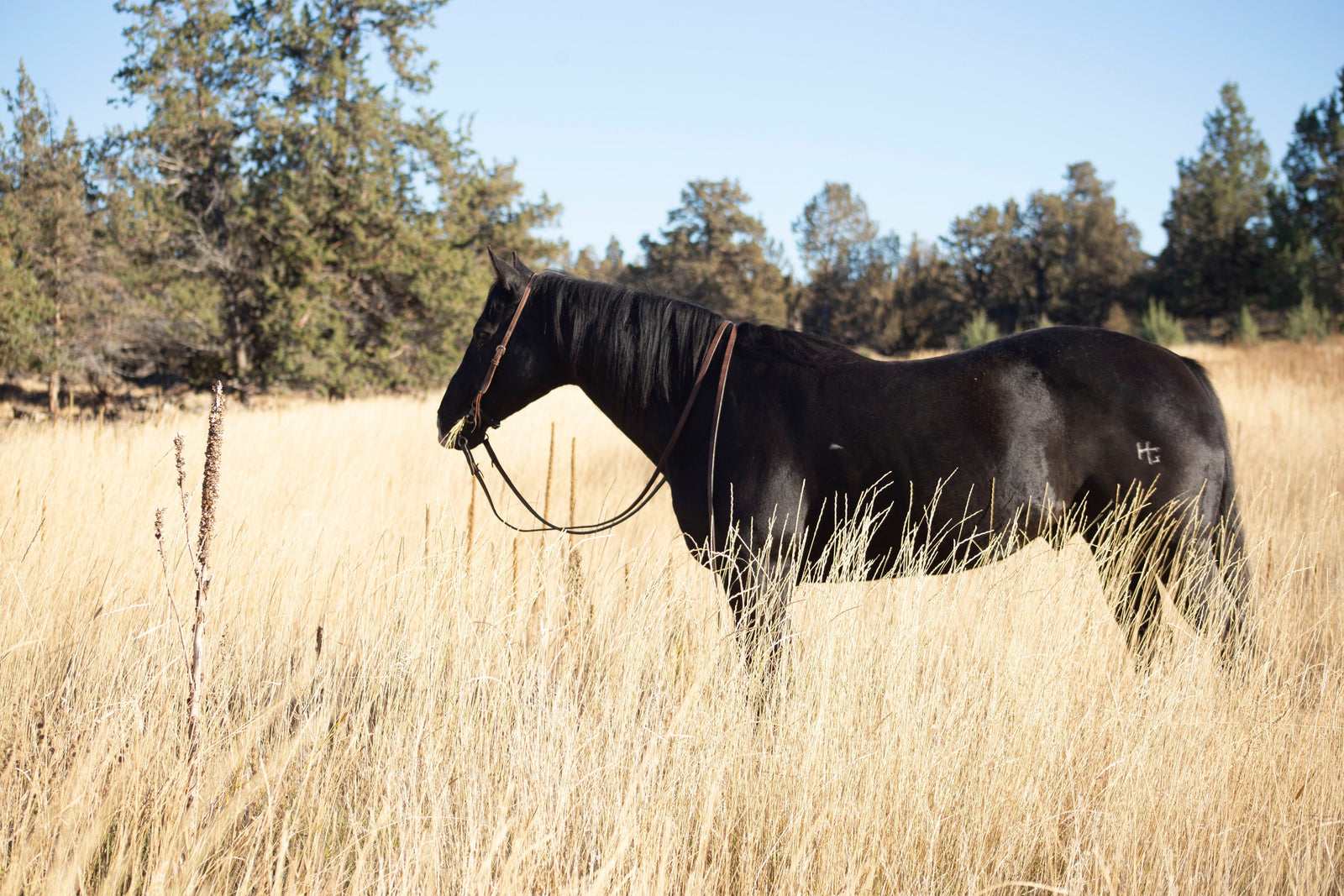
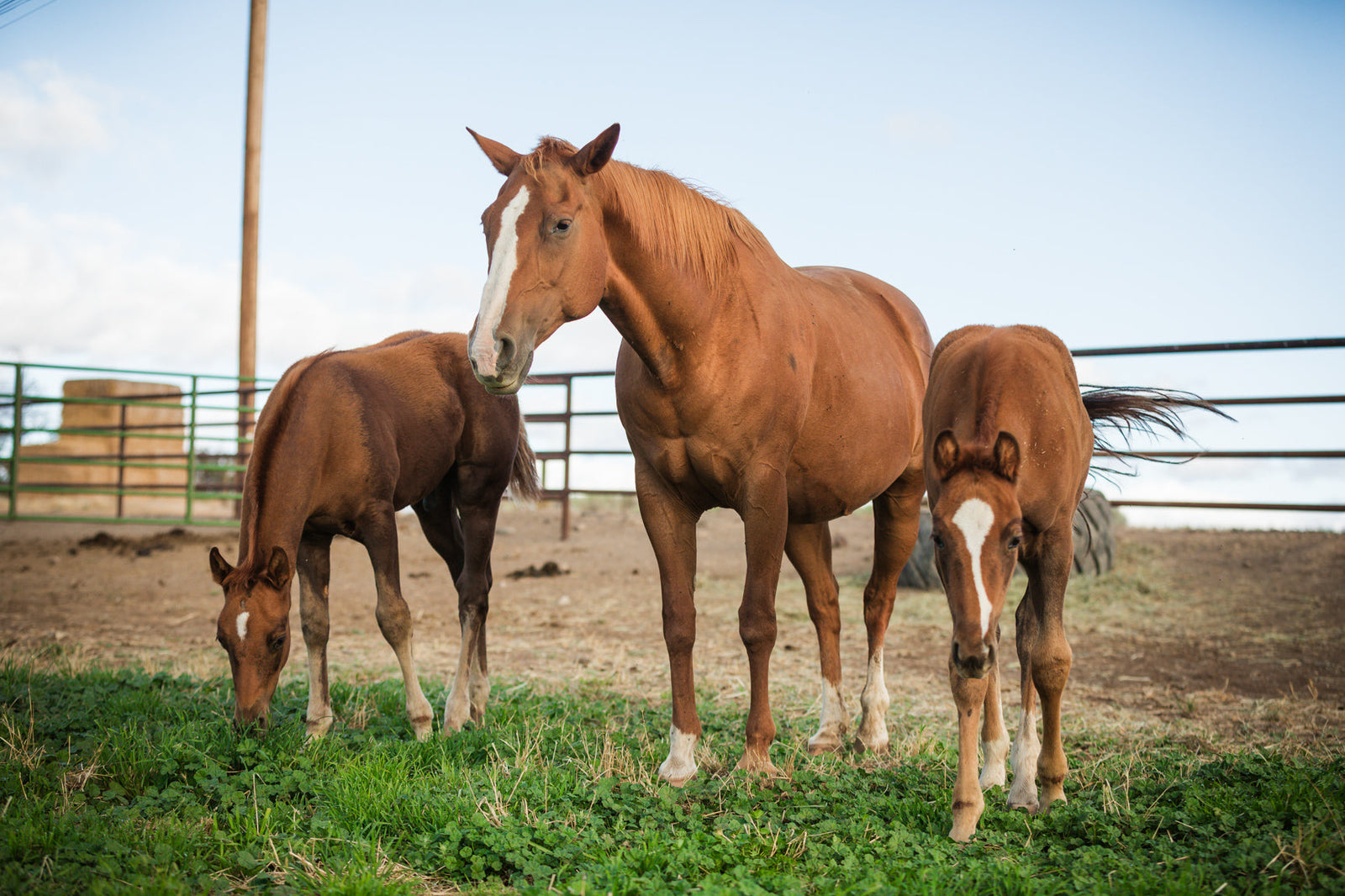
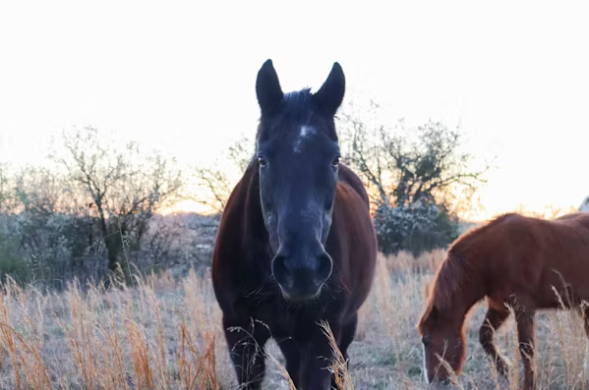
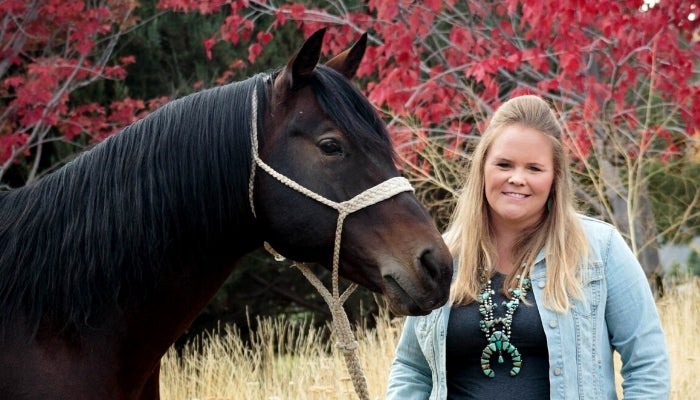
Leave a comment (all fields required)